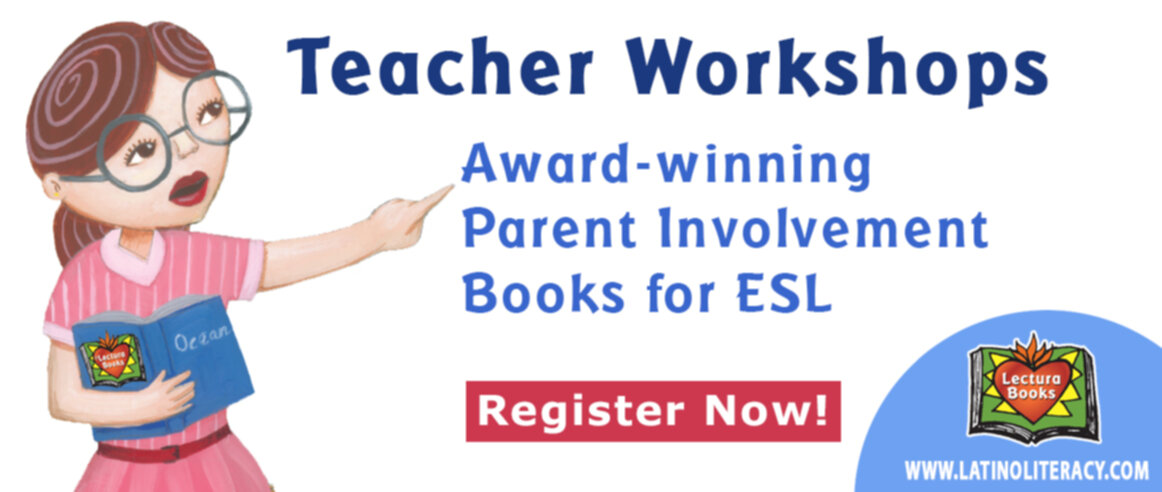Title I (Part A of the Elementary and Secondary Education Act, or ESEA) provides funding specifically for local education agencies (LEAs) and schools with high numbers or percentages of children from low-income families. In order to better understand how Title 1 affects schools and families, read on to learn five important things about Title 1.

- What is Parental Involvement under No Child Left Behind? The U.S. Department of Education (DOE) shares that parental involvement is defined “as the participation of parents in regular, two-way, and meaningful communication involving student academic learning and other school activities.” This includes parents assisting children’s learning, being involved in their at-school education, and functioning as partners who “are included, as appropriate, in decision-making and on advisory committees” regarding their child’s education. More details are available in section 1118 of the ESEA.
- Why is Parental Involvement important? A synthesis of extensive research has led to a clear conclusion that parents and families have a significant influence on student success and progress in school and during their entire lives. Children like school more, are more successful, and stay in school longer when their families and communities are involved with and support their educational achievement. As the National Education Association (NEA) says, “When parents talk to their children about school, expect them to do well, make sure that out-of-school activities are constructive, and help them plan for college, their children perform better in school.”
- What does research show about how family involvement in children’s education affects student achievement? The above mentioned research shows that family involvement supports student achievement in a number of notable ways. These include: improved grades and test scores; increased enrollment in higher-level programs; consistency in school attendance, passing grades, credit earnings, promotions, graduations, and post-secondary educational pursuits.
- What is meant by providing information to parents with Limited English Proficiency? Under Title 1, information must be provided to LEP parents ““to the extent practicable.” This means that, when possible or practicable, parents can receive written or oral translations of information in a language that is familiar to them and that they understand. The Federal Limited English Proficiency site defines LEP individuals as those “who do not speak English as their primary language and who have a limited ability to read, speak, write, or understand English.”
- What is a “school–parent” compact? Each Title I school must work with Title 1 parents to create a school-parent compact “as a component of its written parental involvement policy.” This compact is an agreement between the parents and school which lists the activities all interested parties (students, staff, and parents) will be responsible for to support the students academically and specifically to help them meet the state’s academic standards.
For many schools, reaching out to parents of the students can be a challenge. The Latino Family Literacy Project can train teachers to work with parents to increase the parent involvement efforts at their school with Hispanic families.
Stay updated with the latest information about ELLs and follow our Facebook and Twitter page. We post new information every day.

